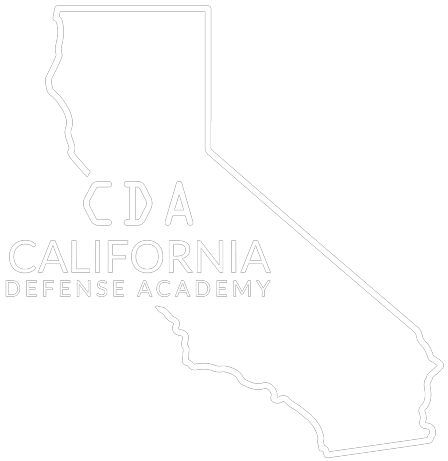Navigating Online Safety: Lessons from Krav Maga and Self-Defense for Teens and Kids
In today’s digital age, the internet is a fantastic resource for learning, playing, and socializing. However, it also presents significant safety risks, particularly for young users. Teaching kids and teens about online safety is crucial, and surprisingly, principles from Krav Maga and self-defense can offer valuable lessons in this realm.
Awareness is Key
Just as Krav Maga teaches practitioners to be aware of their physical surroundings, the same principle applies to digital environments. It’s essential for kids and teens to understand the online landscapes they navigate and recognize potentially dangerous situations. This includes identifying suspicious activities, such as unsolicited messages or friend requests from strangers.
Maintain Boundaries
In self-defense, setting and respecting personal boundaries is fundamental. Online, this translates into managing privacy settings on social media accounts and understanding what information should not be shared publicly. Just as you wouldn’t give a stranger your home address, sensitive personal information should be guarded closely in the digital world.
Trust Your Instincts
Krav Maga teaches us to trust our instincts when something feels wrong. Similarly, if young internet users feel uncomfortable or sense that something is amiss with the information they receive or the interactions they have online, they should feel empowered to speak up and seek advice from a trusted adult.
Be Prepared
Preparation is a cornerstone of self-defense. Online, preparation means understanding the tools and methods to protect oneself from cyber threats. This includes using strong, unique passwords, being cautious about clicking on unknown links, and being aware of phishing schemes and scams.
Strong Defense
Just as Krav Maga practitioners train to block or evade attacks, young internet users must learn how to defend against cyberbullying and other online abuses. This can involve blocking or reporting individuals who send inappropriate messages or post harmful content, as well as knowing when to disconnect from harmful online interactions.
Regular Training
In Krav Maga, skills are honed through consistent practice. Similarly, digital literacy should be continuously developed. Regular discussions about online safety, role-playing scenarios, and staying updated on the latest digital safety practices can equip kids with the tools they need to navigate online spaces safely.
Community Support
Just as a Krav Maga studio provides a community and support network, families and schools should create supportive environments where kids can discuss their online experiences. Open communication helps kids feel more comfortable sharing their concerns and asking for help when they encounter something problematic online.
Conclusion
Combining the principles of Krav Maga and self-defense with digital literacy provides a robust framework for teaching kids and teens about online safety. By fostering awareness, preparation, and resilience, we can empower the younger generation to protect themselves in both the physical and digital worlds. Let’s train our young netizens to be as savvy online as they are on the streets.

